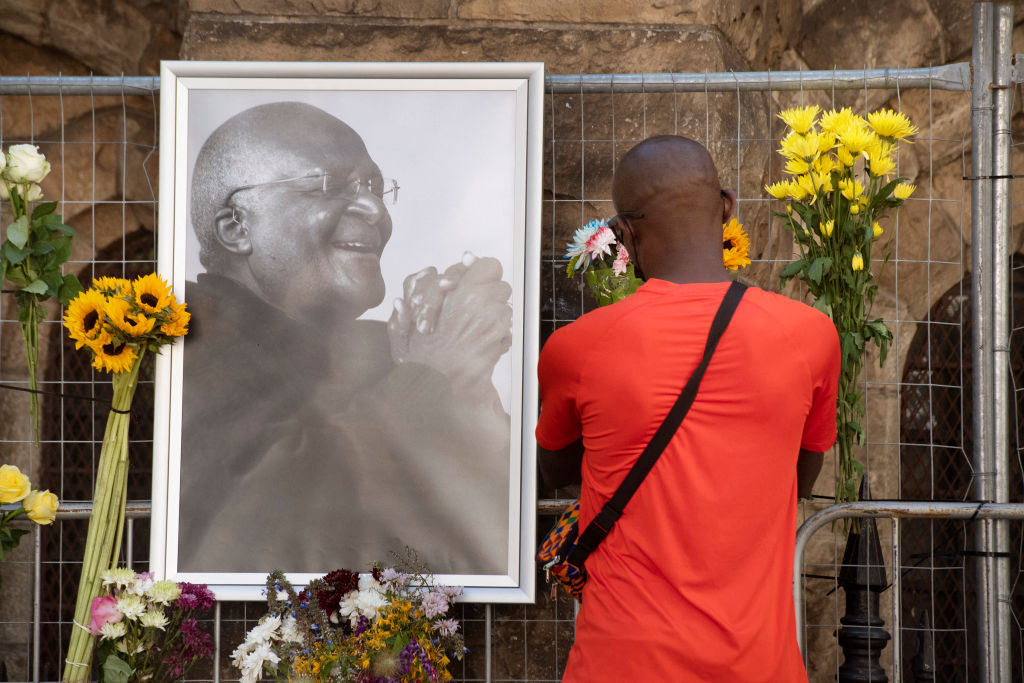bell hooks Dies: Why Lowercase Letters Used To Spell Black Author's Name
Here’s Why bell hooks Used Lowercase Letters For Her Name
Literature fans around the world were stunned to learn that acclaimed author and notable feminist bell hooks died on Wednesday at the age of 69 in her native Kentucky. Madame Noire reported that hooks’ cause of death was not immediately announced.
Social media users quickly reacted to the sad news with both an outpouring of condolences as well as calls to make sure that hooks was memorialized properly by spelling the author’s name accurately with lowercase letters.
But for those who have always heard of hooks, especially because of her unique name, but perhaps aren’t that familiar with her work or her life story, there were likely questions about why it was spelled with all lowercase letters.
The reason for bell hooks’ uniquely presented name is two-fold, according to the author, professor and cultural critic who was born in the Kentucky town of Hopkinsville on September 25, 1952, with the name Gloria Jean Watkins.
Because she was so heavily influenced by her great-grandmother, a woman named Bell Hooks (with a capital B and capital H), Watkins decided that she would write under the pseudonym of bell hooks. The decision was seen as a tribute to both her great-grandmother as well as her own mother. But in an effort to draw attention to her work and the ideals they presented instead of her name, she spelled bell hooks with all lowercase letters.
One of her former students at Yale University confirmed in a 2019 New York Times piece praising hooks that “Watkins wanted her pen name to be spelled in lowercase to shift the attention from her identity to her ideas.”
hooks became renowned for her dozens of books on the intersectionality of race and feminism that were accented by her sharp views that put her on a par with the other great Black writers in history like James Baldwin and Maya Angelou.
In her bio at Berea College, where hooks was the Distinguished Professor in Residence in Appalachian Studies, she wrote about her return to teach in Kentucky.
“Living by those values, living with integrity, I am able to return to my native place, to an Appalachia that is no longer silent about its diversity or about the broad sweep of its influence,” hooks wrote on the college’s website. “While I do not claim an identity as Appalachian, I do claim a solidarity, a sense of belonging, that makes me one with the Appalachian past of my ancestors, black, Native American, white, all “people of one blood” who made homeplace in isolated landscapes where they could invent themselves, where they could savor a taste of freedom.
SEE ALSO:
















